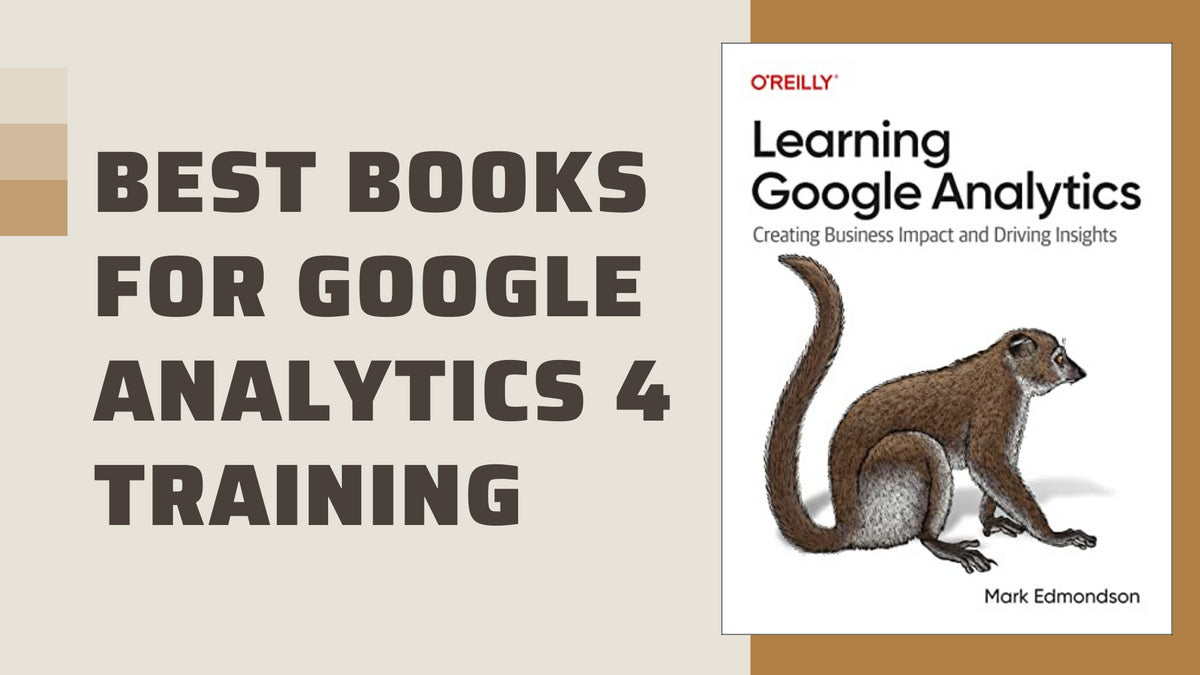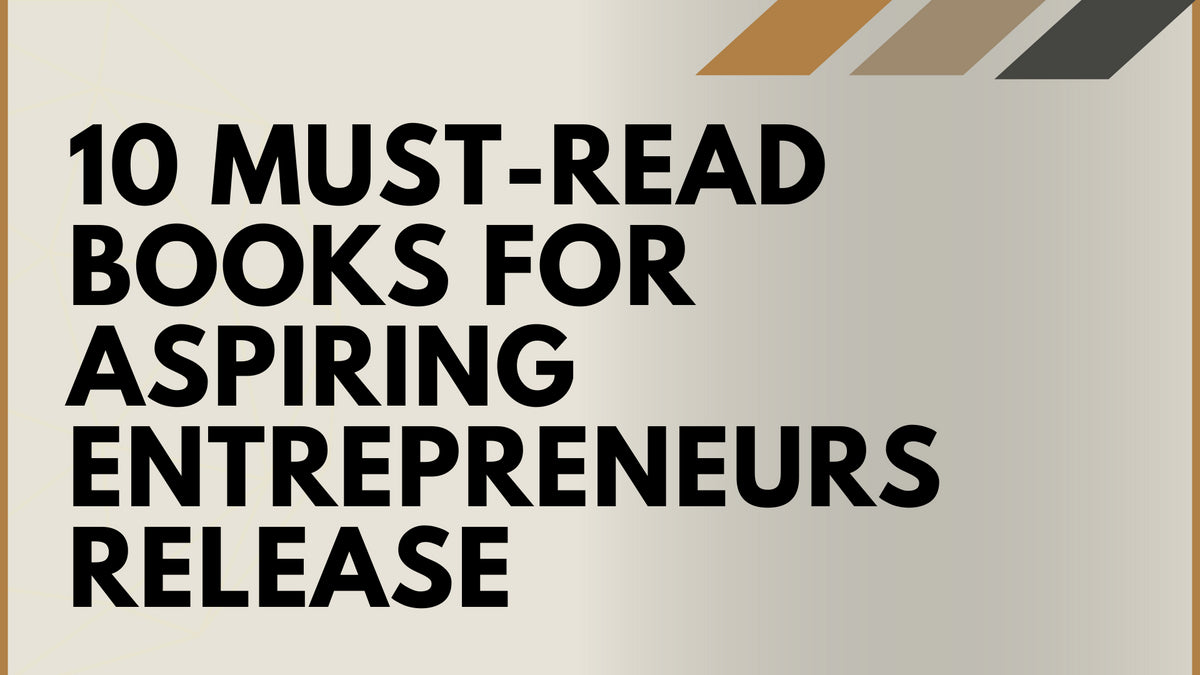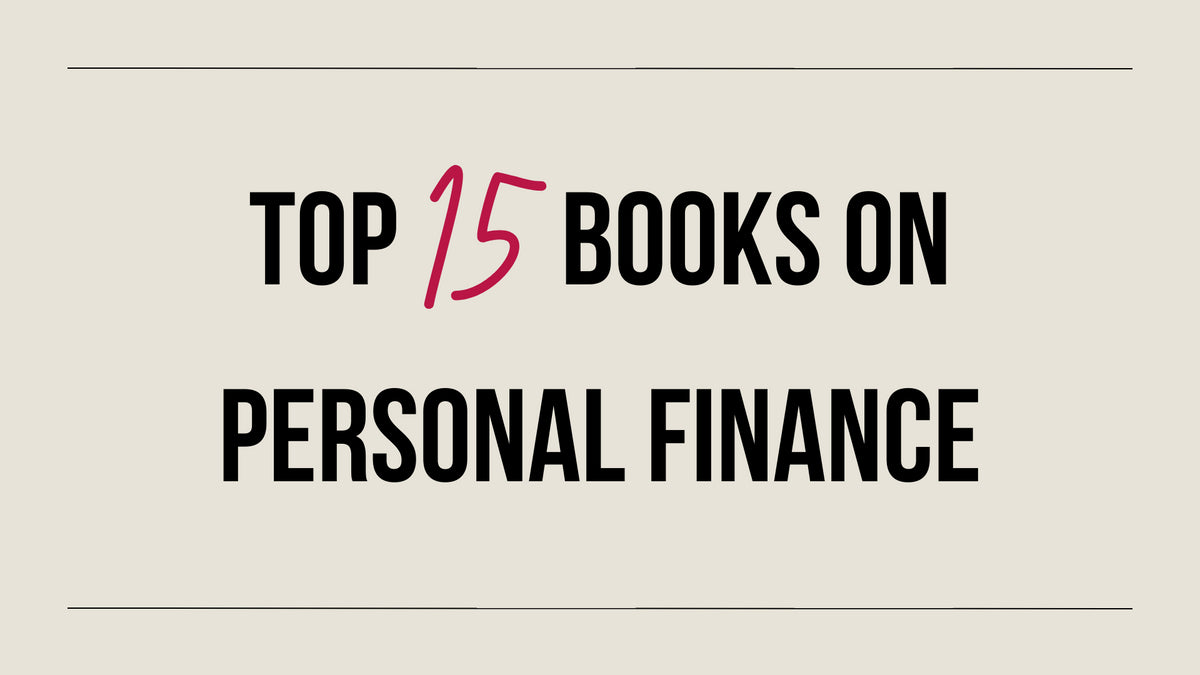Your Cart is Empty
Why Startups Fail Book Summary: Launching Ecommerce Businesses
Listen To This Article
Learn To Launch A Business Successfully
If you are an innovator who has failed, a founder of a startup, or an entrepreneur, raising venture capital or just excited about the idea then the book Why Startups Fail is what you need to be reading. You may be asking yourself, what will I get out of reading Why Startups Fail? For one thing, you will gain more opportunities to use your weaknesses to create more success.
If you have ever founded a startup, then you already know that the journey will be a long one that will require determination, creativity, and resourcefulness. These traits will allow you to avoid bad choices so that you remain on course towards a successful startup. However, you need to remain aware of possible risks. This book points out potential unforeseen potholes and structural opportunities.
In order to recognize how a startup functions, you should implement a framework that can assess various areas of the startup. Successful leaders need to confident in unit economics, 6 month cash flow projections, and LTV-to-CAC ratios.
The author presents many reasons that explore why failure occurs among startups. When you have an understanding of the causes, then you can prepare to avoid them and find success. Another book you may enjoy on this topic is Loonshots. We have also have created a list of the best books to read when launching a business.
Startup Lessons & Suggestions
- How failure can still occur regardless of customer base
- Having a framework is necessary
- Success is not guaranteed or permanent
- The importance of having opportunity

Featured In This Review
Why Startups Fail
$17.79
Looking to learn from failed and successful founders' mistakes? This book has lessons on inventory management, customer experience challenges, feedback loops, fund raising, and much more.
SHOP NOWWhy Startups Fail Book Summary
Although Tom Eisenmann is a Harvard professor who knows a thing or two about startups, he realized that his 20 years of experience has not taught him everything. In fact, he had so much faith in a couple of startups and the startups still failed eventually. After the failures, he set out to determine the causes.
Eisenmann eventually recognized a few occasions that act as resources that work hand-in-hand in order to have a product developed, created, maintained, and sold in a way which will bring in the most profit. There is much more detail provided about these stories on his site as well.
In short, one must have eCommerce industry historical knowledge, understand the customer, and analyze growth early on.
The first step involves the idea. Your idea needs to be as unique as possible and is able to satisfy the needs of its customers. The idea will also lead to a solution that many customers need for the problem they have, and the solution has never been attempted before. This is something elaborated on in great detail in the book Ready, Fire, Aim.
Once the idea is obtained, it’s time to implement the methods and technology used for the product to come to life. But how? Should you partner with a manufacturer to streamline production? How will customers receive the product? How will you service the product once bought? Servicing may involve how your inventory is managed along with the way it is shipped, plus, the purchasing methods used by the customer. The book offers unique and lesser known ideas of ways to answer these questions.
Want to buy a book review like this?
Click here to learn how to get your book reviewed!
After implementation, you need to have a formula to monitor your profits. Knowing your numbers and using a formula that is solid will allow you to calmly assess profitability as you scale. One must understand the difference between cash flow and profit. For more on this read the book Profit First.
Lastly is the marketing needed to get your customer's attention so they end up buying from you. This will hopefully allow the strategies you implement to be successful so that your customers become returning customers and you begin to analyze each customer based on their Lifetime Value. If satisfied, these customers will spread the word about your product and earn you more customers. This formula will give you an idea of how much revenue your sales will generate and how much the revenue costs to acquire. The correct term for this is LTV to CAC ratio (Customer Acquisition Cost). And it does not include the cost of goods sold or expenses. That would be the LTM (Lifetime Margin).
Typical LTV to CAC ratios are 3-to-1. If you get up to 5-to-1 you’re killing it. Monitoring this will help a founder understand if they need to improve their Viral Coefficient, which tracks revenue to the LTV based on how many people each customer introduces.
The above will be used especially by those who play an active startup role, the founders, the team itself, all investors, and any others who provide sound knowledge and skill. For more on how to grow a business read Built To Sell.
Must Have Industry Knowledge
When there is no industry knowledge, the business is likely to fail. This failure from having no industry knowledge could be the result of not knowing what challenges come when you actually go-to-market and start getting return requests. Also, it is important to know everything concerning the process of how the product is made. Especially as you reach new levels of scale.
If there is a significant amount of knowledge lacking there will be many issues occurring within operations. This book shares stories of how these issues can include products being ordered incorrectly, underestimating returns, and not having a complete understanding of the ordering system. This may result in products being returned or delayed more often than originally thought. If you have more returns than orders you’ll have a cashflow issue and the business will suffer. More on this in the book Be My Guest.
Although you may have the main advantages, it is important that the way you operate is stable and based on your industry knowledge. If not, then you can expect your startup to experience more challenges than not.
When your expertise falls short of the kind of business you want to start, you need to have a course of action that will make up for your lack of experience. Ensure you have people who are able to provide the needed expertise, or bring in an expert who is able to offer recommendations. In one case a founder even partnered with the manufacturer. A wonderful book about streamlining production is Lean Thinking.
If you can, try to offer a prototype of what you are offering so that your customers can get a better understanding. However, when you do, make sure that you present it later on before your final product is completed. You need to do this as soon as your understanding of the customer is accomplished. This way you can have ideas created and a design that considers the customer choices. Another wonderful book on this is Lean Startup.
Must Analyze Growth Early On
Another step to avoid failure is to analyze early growth with a grain of salt. Early adopters, the kind that wait in lines for hours to be the first one with an iphone, react differently than the general market. Drawing too many conclusions early on from this test friendly group might set you down a path that isn’t accurate. This is why it is important not to overspend on marketing early on. You may need to pivot your offering. These early customers may not understand and leave. This leads to wasted spend and is extremely common. More lessons from failure due to decision from early adopters instead of the general market in the book Lost & Founder.
In order to scale at an efficient speed, you need to be aware of a test known as a RAWI test. This test will measure your readiness, ability, willingness, and drive. Like a pressure test, this model shows its potential results, proves if it has enough customers to allow growth, and whether there profits sufficient to sustain itself financially. You’ll also want to make sure the Net Promoter Score is healthy. This ensures enough new customer impressions are being achieved.
A typical hindrance to scale capabilities are called Network Effects. You need two Skype users to make it work, otherwise you’re talking to no one. The faster the network grows the more you need to scale. You must determine the strength first through a Conjoint Analysis.
If test and analysis results are positive, you can analyze the next step by using the Learning Curve Phenomenon. This is the unit of cost savings realized with each cumulative doubling of production volume. These economies of scale will tell you if the company will get more efficient as it scales.
These experiments help based decisions on objective fact and avoid overconfidence, something Dom Moore talks about in great detail in his book Perfectly Confident. Otherwise founders must rely on what the author refers to as Cascading Miracles. Longshot and lucky positive occurrences that allow the company to continue.
Being an entrepreneur allows you to dream big and provide society with new innovations that can change lives. However, the big dream can also cost your startup to fail. There are many stories to this end and a fantastic historical account of the Venture Bubbles. Personal computer hardware and software in the early 1980s, Bio-tech early 1990s, Clean tech in the 2000s, Internet companies in the late 1990s. A specific example of markets drying up and killing a business is that of Zulily.
It Is Possible To Recover From Failure With Grace
Should your startup begins to fail, it may seem difficult to get yourself out of it. However, when you have the right steps to take, you will be able to enjoy a successful path once again. Examples are provided in this book about companies that did go all the way to failure. How they handled it gracefully and what they might have done differently. If you’re failing and a sense of isolation sets in, you may begin to feel depressed. In order to prevent yourself from going into a state of depression, you should find some support and remember that you’re not alone. Founders are always stressed and very hard on themselves.
An example shared of a founder that failed, but created unbelievable momentum from inspiring with enthusiastic words is Shai Agassi. His Ted talk about electric cars is inspiring.
The last step is known as reentering. This will be needed in order for you to start over fresh. Of course you may think that investors will not invest in you again, but this way of thinking can change when you have a proper business plan that takes everything into consideration. This lets investors see that you have learned from the first mistakes and are now applying the experience that you obtained.
Here is a list of 10 books about scaling a business.
Want to buy a book review like this?
Click here to learn how to get your book reviewed!
Leave a comment
Comments will be approved before showing up.
Also in Books

The Best Books for Google Analytics 4 (GA4) Training
Unlock the secrets of Google Analytics 4 with our curated list of the best GA4 training books for 2023! Dive deep into actionable insights, master advanced techniques, and lead the digital analytics revolution. Don't get left behind; discover the ultimate resources to dominate GA4. Click now to elevate your skills!
Read More
10 Must-Read Books for Aspiring Entrepreneurs
Do you dream of starting your own business? If so, you need to read this article! We've compiled a list of 10 must-read books for aspiring entrepreneurs. These books will provide you with the knowledge and inspiration you need to turn your dream into a reality. Click here to read the article and learn more!
Read More
Top 15 Books on Personal Finance
Are you looking for a safe and informative place to learn about personal finance? If so, you've come to the right place! This article discusses the top 15 personal finance books on the market, all of which are sure to help you improve your financial situation without any explicit sexual descriptions or that is sexually suggestive in nature or is primarily intended to cause arousal.
Read More